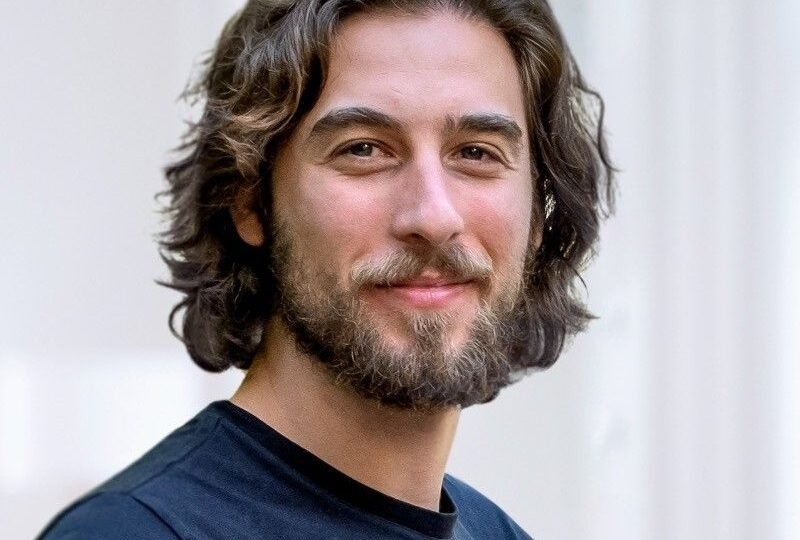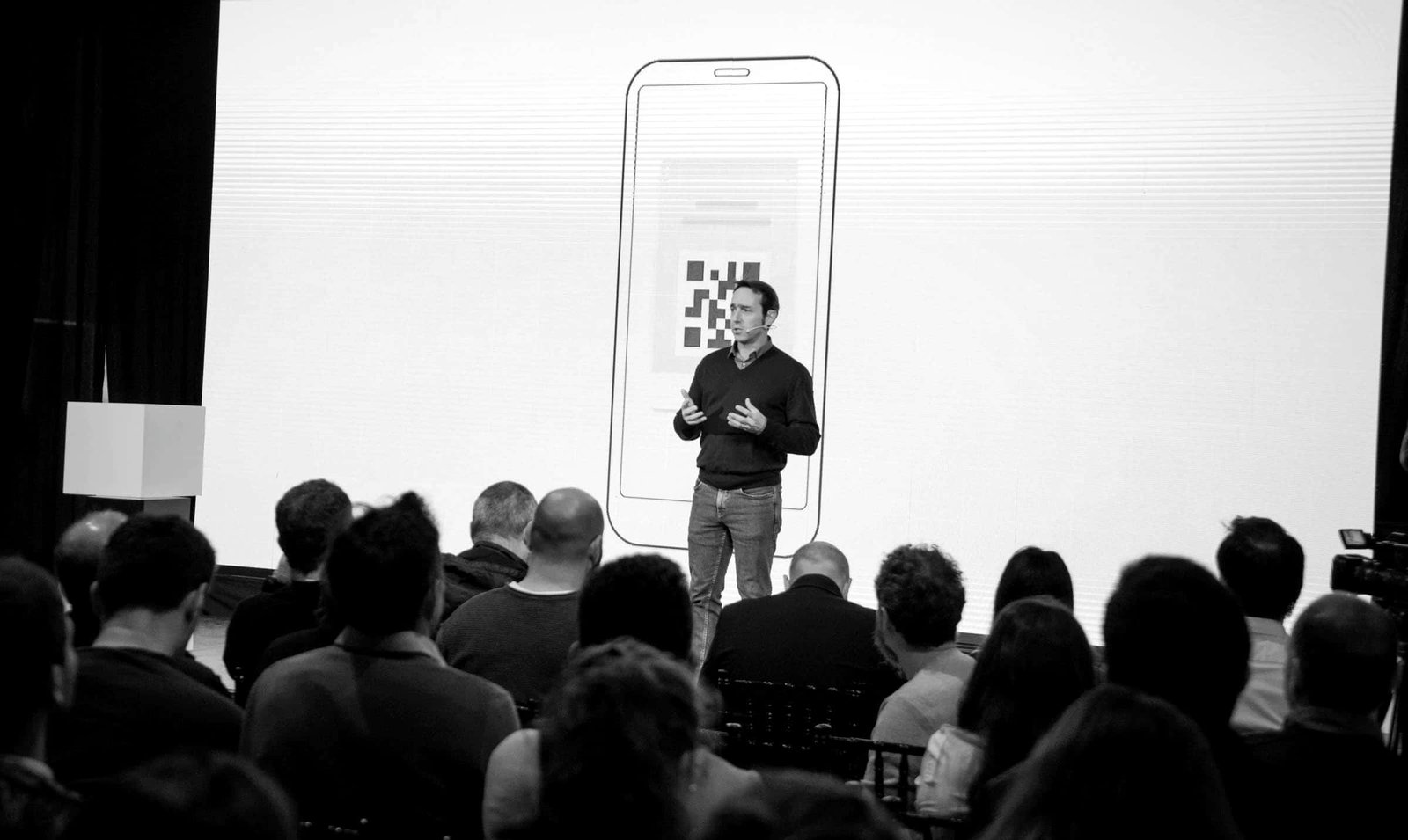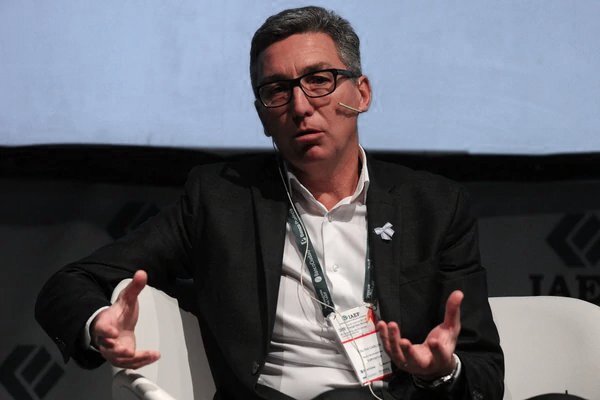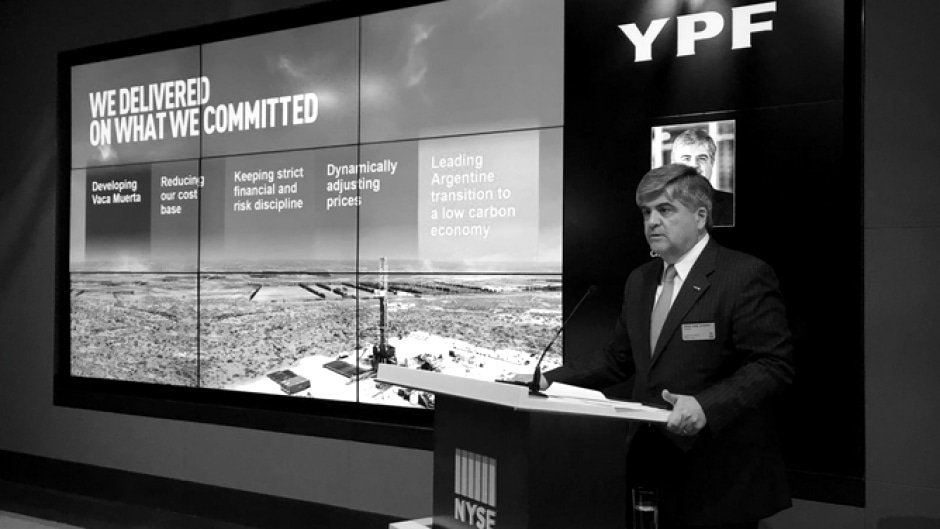
Demian Brener

Demian Brener is an Argentine entrepreneur, co-founder and CEO of OpenZeppelin, a global reference company in blockchain security. With a background in Industrial Engineering and experience in technology management, he drove the creation of open standards for smart contracts, consolidating a remote and scalable business model. His leadership has positioned him as one of the most influential innovators in the digital economy ecosystem.
Academic background and early steps
Demian Brener developed his professional foundation in the field of Industrial Engineering, a training that allowed him to acquire a structured approach to solving complex problems. His time at prestigious institutions, both in Argentina and abroad, introduced him to systemic analysis methodologies and to innovation applied to productive and technological processes. In those early years, he began to stand out as a professional capable of combining technical disciplines with business vision.
Experience prior to entrepreneurship
Before entering the world of entrepreneurship, he worked in technology and digital services companies, where he held roles in project management and business analysis. These experiences were key to understanding how organizations function from the inside and allowed him to identify inefficiency patterns that would later serve as the basis for his business strategy. Contact with multidisciplinary teams also strengthened his ability to manage talent and deliver results in high-pressure environments.
The birth of OpenZeppelin
In 2015, together with a group of collaborators, he founded OpenZeppelin with the goal of addressing a critical issue in the blockchain ecosystem: the lack of reliable standards and security protocols for smart contracts. The project was born as an open-source initiative, which not only accelerated its global adoption but also turned it into a technical standard within the industry. From its first lines of code, the value proposition was clear: to offer trust and predictability in a field where errors could mean million-dollar losses.
Positioning in the blockchain ecosystem
Over time, OpenZeppelin became the main reference in security for decentralized applications. Startups, decentralized finance projects, and even major corporations began to adopt its solutions and audits. Growth was exponential because the company provided not only tools but also a framework of trust in a sector marked by uncertainty. Under Brener’s leadership, the firm reached global scale, with clients across multiple continents and a strong community of developers supporting the project.
International recognition
Brener’s work has been recognized by international institutions and organizations. Honors such as being included in rankings of young innovators and the support of global entrepreneurship organizations granted him legitimacy in a sector that demands both technical expertise and business vision. These achievements demonstrate how an initiative born in Latin America managed to become a central actor in a global digital market.
Strategic vision and projected impact
Brener does not view blockchain merely as a technology but as the foundation of a structural transformation in the global economy. His vision is aimed at building a decentralized, transparent, and accessible financial system for millions of people. From this perspective, security is not a secondary aspect but the axis that determines the trust of users, companies, and institutions. By establishing security standards, he seeks to facilitate the transition toward a new economic paradigm where decentralization is combined with stability.
Legacy and future outlook
The legacy of Demian Brener can be measured in the consolidation of OpenZeppelin as an indispensable actor in blockchain security. Beyond business results, his contribution lies in having established a common language for developers, in the creation of reliable protocols, and in the professionalization of a sector that for a long time was defined by experimentation. His leadership capacity, combined with his systemic vision, positions him as a figure who will continue to influence the intersection of technology, finance, and the digital society.









